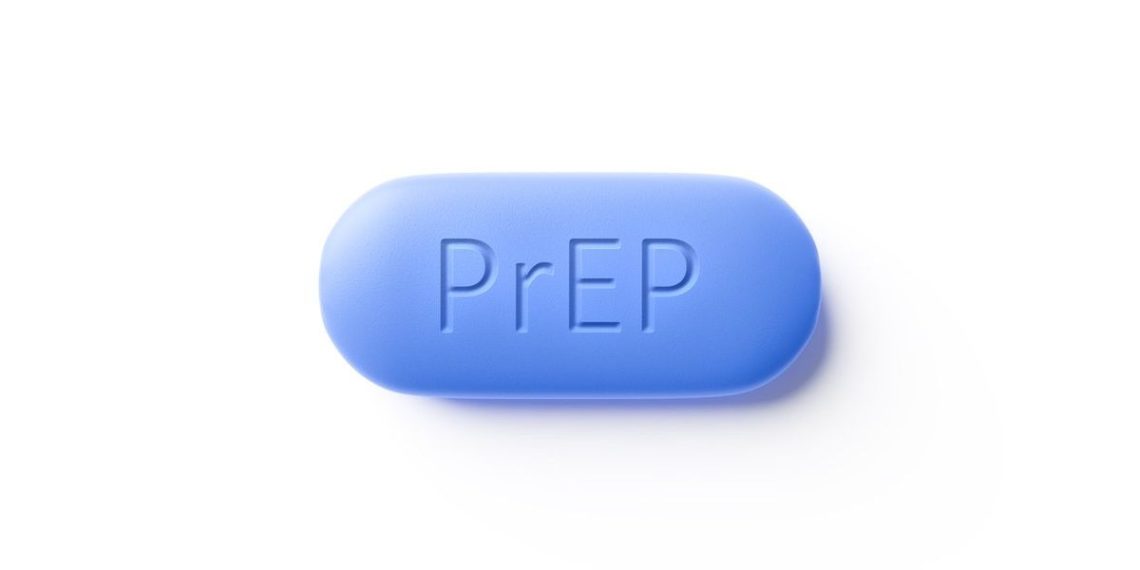Español Medically reviewed by Emily Barr, PhD, RN, CPNP-PC, CNM, ACRN, FACNM, FAAN It might feel overwhelming if you’re living with human immunodeficiency virus (HIV) and want to get pregnant. You might wonder if you could pass on the virus to your baby, or if you can keep taking your HIV medications while pregnant. These concerns are valid. But many women living with HIV can and do go on to deliver a healthy baby. Every year, 3,500 people living with HIV in the United States give birth. We’re here to provide some answers that may ease your mind and help…
-
-
English Emily Barr, PhD, RN, CPNP-PC, CNM, ACRN, FACNM, FAAN, hizo la revisión médica de este documento Podría ser abrumador vivir con el virus de inmunodeficiencia humana (VIH) y desear embarazarse. Podrías preguntarte si transmitirás el virus a tu bebé o si puedes seguir tomando tus medicamentos contra el VIH mientras estás embarazada. Estas preocupaciones son válidas. Pero muchas mujeres que viven con el VIH pueden hacerlo y tienen bebés saludables. Cada año, 3,500 personas que viven con el VIH en Estados Unidos tienen partos. Aquí encontrarás algunas respuestas que pueden tranquilizarte y que serán útiles para que mantengas conversaciones…
-
When HIV, the virus that causes AIDS, was first identified in the 1980s, it almost certainly a death sentence. More than 100,000 Americans died from the new disease in that decade. The idea that one day there might be medicines to prevent infection was a fantasy. Today, these medicines, called pre-exposure prophylaxis (PrEP), do exist, but most people who could benefit don’t take them. The policies that govern these medicines — and the enforcement of those policies — are largely to blame. PrEP is wildly effective. PrEP reduces the risk of getting HIV from sex by 99%, and from injection…

